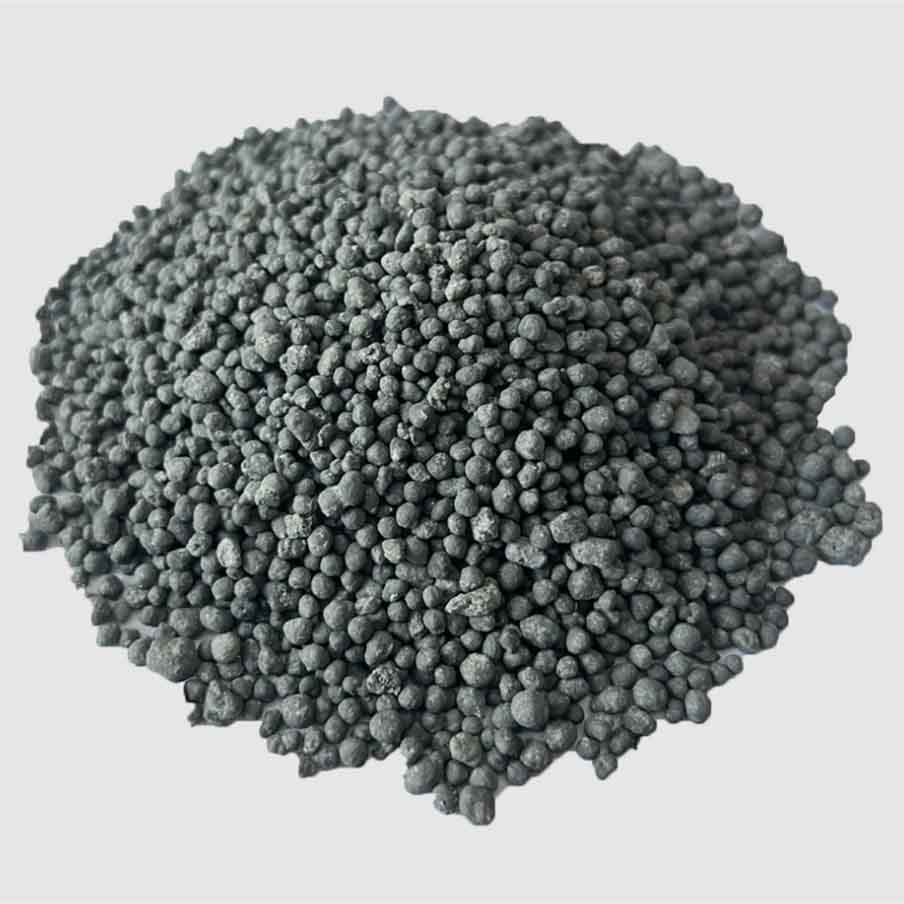
12월 . 16, 2024 10:03 Back to list
what is potash
What is Potash?
Potash is a term that refers to a variety of potassium-rich salts, primarily used as a fertilizer in agricultural practices. The term itself derives from pot ashes, which refers to the ashes of trees and plants that were leached with water and evaporated to crystallize potassium compounds. This natural mineral resource plays a crucial role in enhancing soil fertility and improving crop yields, making it indispensable in modern agriculture.
The Importance of Potash in Agriculture
Potassium is one of the three primary nutrients essential for plant growth—along with nitrogen and phosphorus. It is crucial for various physiological processes in plants, including water regulation, enzyme activity, and photosynthesis. Potash helps to strengthen plant cells, enhance drought resistance, and improve the overall quality of crops.
Farmers use potash to enhance the productivity of their soils, particularly in regions where potassium levels may be deficient. When plants are supplied with adequate potassium, they can better utilize water, leading to more robust growth even in less-than-ideal weather conditions. Moreover, potassium plays a key role in the development of fruits and vegetables, contributing to better flavor, color, and shelf life.
Forms of Potash
Potash can be found in various forms, each with its specific properties and uses. The most common type of potash is potassium chloride (KCl), widely mined from natural deposits. Other forms include potassium sulfate (K2SO4), potassium nitrate (KNO3), and potassium carbonate (K2CO3).
- Potassium Chloride (Muriate of Potash) This is the most widely used form of potash in agriculture and is highly soluble in water, making it readily available to plants. - Potassium Sulfate (Sulfate of Potash) This form is used mainly in sulfate-sensitive crops. It provides both potassium and sulfur, which are essential nutrients for plant growth.
- Potassium Nitrate A soluble form of potash that also supplies nitrogen. It is especially useful in high-value crops like fruits and vegetables.
what is potash

- Potassium Carbonate Commonly known as pearl ash, it is used primarily in the production of glass and soap but also has agricultural applications
.Sources of Potash
Potash can be obtained through both natural and synthetic processes. The main natural sources include evaporite deposits formed from the evaporation of ancient seas. Countries like Canada, Russia, and Belarus are among the largest producers of potash, with extensive mining operations extracting these valuable resources.
Synthetic potash can also be produced through chemical processes, including the reaction of potassium-containing minerals with acids or other reagents. This method allows for the production of specific formulations tailored to the needs of different crops and soil conditions.
Environmental Concerns and Sustainable Use
While potash is critical for agricultural productivity, its use raises environmental concerns. Overapplication can lead to nutrient runoff, which may cause water quality issues in nearby rivers and lakes. Additionally, improper management can lead to soil degradation and reduced long-term soil fertility.
To mitigate these impacts, sustainable practices should be implemented. Precision agriculture, which involves monitoring soil conditions and applying fertilizers at optimal rates, can help maximize efficiency and minimize environmental damage. Organic farming practices, such as crop rotation and the use of compost, can also contribute to maintaining soil fertility without heavily relying on synthetic fertilizers.
Conclusion
In summary, potash is an essential component of modern agriculture, playing a vital role in plant growth and food production. Its various forms, sourced from natural deposits and synthetic processes, enable farmers to meet the increasing global demand for food. However, careful management and sustainable practices are crucial to ensuring that the benefits of potash can be realized without compromising environmental health. As agriculture continues to evolve, potash will remain a key player in the pursuit of sustainable food security.
-
10 10 10 Fertilizer Organic—Balanced NPK for All Plants
NewsJul.30,2025
-
Premium 10 10 10 Fertilizer Organic for Balanced Plant Growth
NewsJul.29,2025
-
Premium 10 10 10 Fertilizer Organic for Balanced Plant Growth
NewsJul.29,2025
-
Premium 10 10 10 Fertilizer Organic for Balanced Plant Growth
NewsJul.29,2025
-
50 Pound Bags of 13-13-13 Fertilizer for All Plants – Bulk & Organic Options
NewsJul.28,2025
-
High-Efficiency 15-30-15 Granular Fertilizer for Healthy Crops
NewsJul.28,2025
